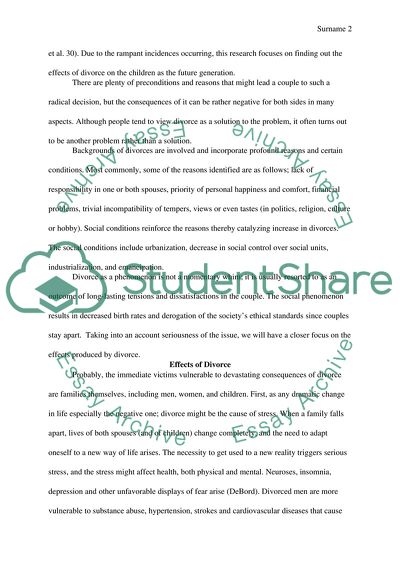Cite this document
(“Effects of Divorce on Children Essay Example | Topics and Well Written Essays - 2500 words”, n.d.)
Retrieved from https://studentshare.org/sociology/1669747-effects-of-divorce-on-children
Retrieved from https://studentshare.org/sociology/1669747-effects-of-divorce-on-children
(Effects of Divorce on Children Essay Example | Topics and Well Written Essays - 2500 Words)
https://studentshare.org/sociology/1669747-effects-of-divorce-on-children.
https://studentshare.org/sociology/1669747-effects-of-divorce-on-children.
“Effects of Divorce on Children Essay Example | Topics and Well Written Essays - 2500 Words”, n.d. https://studentshare.org/sociology/1669747-effects-of-divorce-on-children.


